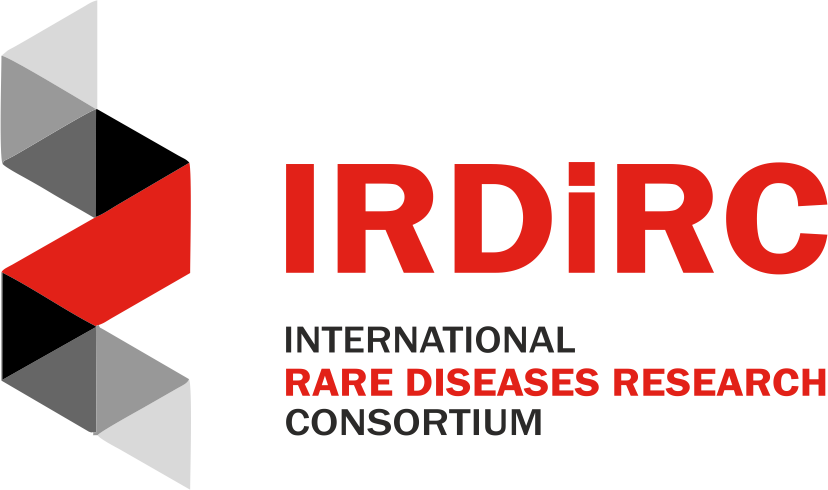Introduction
The Therapies Scientific Committee, the Interdisciplinary Scientific Committee and the University of Twente, the Netherlands, are jointly establishing a Working Group to explore the role and value of medical devices in rare diseases. The Working Group will primarily focus on devices used for either the treatment of rare diseases, such as implants, or devices used to support physical activities of patients, such as exoskeletons.
The development of ‘orphan’ devices faces scientific and technological challenges, next to the need for an improved clarity regarding the requirements for specific technical and functional needs for each device (development, clinical trial, regulatory aspects). As such, the Working Group aims to create a better understanding and enhanced awareness of device developer’s needs, the standardized outcomes to define user needs for devices, and to offer a groundwork for developing solutions to improve the (regulatory) landscape of MedTech use for rare disease patients. To truly focus on these aspects, the Working Group will not focus on the reimbursement of medical devices.
Objectives
- Understand and map out the current incentives and supportive frameworks for the development of medical devices in rare disease and the need for harmonization of approaches, in different geographical contexts. This will also provide a clearer image of what is needed to gain approval for an orphan device in different geographies.
- Understand and identify unmet technical and functional needs. While there is a considerable variety between different devices, few studies have investigated user requirements, specifically for clusters of medical devices. This should also focus on how patients interact with medical devices.
- Understand and identify the possibilities for patient involvement in the medical device design process. Patient involvement in medical technology development is essential, among others, in recognizing unmet needs, setting up collaborations, providing guidance on functional needs, in stimulating regulatory approval and gaining access to technologies.
Timeline
Formation of the Working Group (Q1 2022)
Disseminate the findings and the recommendations (Q4 2022)
Members
- Anneliene Jonker – University of Twente, The Netherlands
- Marc Dooms – University Hospital Leuven, Belgium
- Bram Smits – Materialise, Belgium
- Daniel Lewi – The Cure & Action for Tay-Sachs Foundation, UK
- Daniel O’Connor – The Medicines and Healthcare products Regulatory Agency, UK
- Durhane Wong-Rieger – Rare Diseases International, Canada
- Erika Torjusen – US Food and Drug Administration, USA
- Friederike Mueller – Asklepios Specialist Hospital Luebben, Germany
- Hanako Morikava – Pharmaceuticals and Medical Devices Agency, Japan
- Kathryn Pohlson – Sanford Health, USA
- Kotone Matsuyama – Nippon Medical School, Japan
- Lucia Pannese – Imaginary, Italy
- Maarten Akkermans – Medtronic, The Netherlands
- Mark Lazeroms – Medtronic, The Netherlands
- Nishant Chakravorty – Indian Institute of Technology, India
- Rik Willems – University Hospital Leuven, Belgium
- Sara Takahashi – Pharmaceuticals and Medical Devices Agency, Japan
- Tom Melvin – Health Products Regulatory Authority, Ireland
- Vasum Peiris – US Food and Drug Administration, USA

